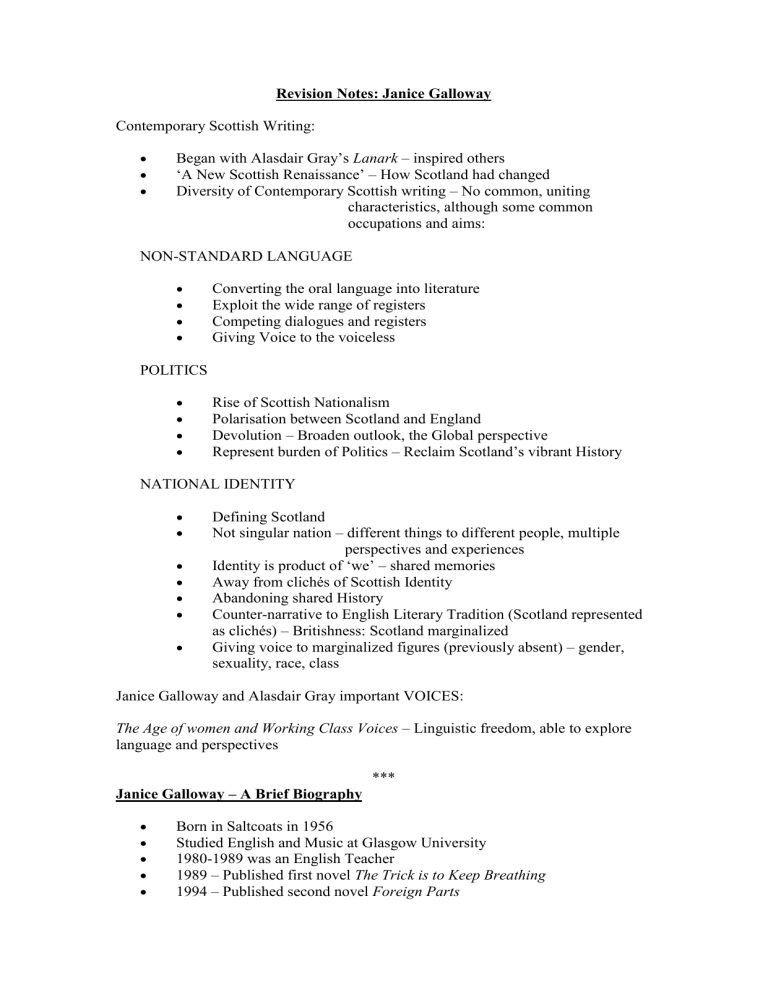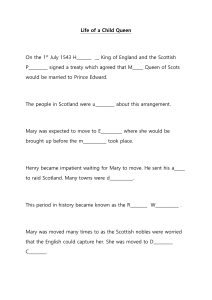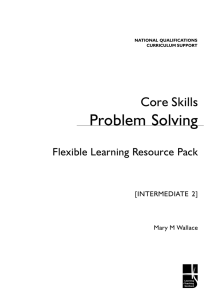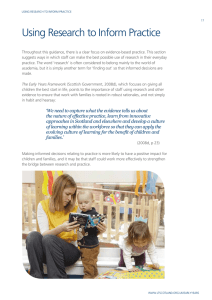
Revision Notes: Janice Galloway Contemporary Scottish Writing: Began with Alasdair Gray’s Lanark – inspired others ‘A New Scottish Renaissance’ – How Scotland had changed Diversity of Contemporary Scottish writing – No common, uniting characteristics, although some common occupations and aims: NON-STANDARD LANGUAGE Converting the oral language into literature Exploit the wide range of registers Competing dialogues and registers Giving Voice to the voiceless POLITICS Rise of Scottish Nationalism Polarisation between Scotland and England Devolution – Broaden outlook, the Global perspective Represent burden of Politics – Reclaim Scotland’s vibrant History NATIONAL IDENTITY Defining Scotland Not singular nation – different things to different people, multiple perspectives and experiences Identity is product of ‘we’ – shared memories Away from clichés of Scottish Identity Abandoning shared History Counter-narrative to English Literary Tradition (Scotland represented as clichés) – Britishness: Scotland marginalized Giving voice to marginalized figures (previously absent) – gender, sexuality, race, class Janice Galloway and Alasdair Gray important VOICES: The Age of women and Working Class Voices – Linguistic freedom, able to explore language and perspectives *** Janice Galloway – A Brief Biography Born in Saltcoats in 1956 Studied English and Music at Glasgow University 1980-1989 was an English Teacher 1989 – Published first novel The Trick is to Keep Breathing 1994 – Published second novel Foreign Parts Other publications include: Short story collections Blood (1991) and Where You Find It (1996), and novel Clara (2002) Galloway herself had quite a deprived childhood and her creative writing is often an expression of the transition between working and middle class that she herself experienced She now lives and works in Glasgow Galloway’s Writing: Heavily influenced by Alasdair Gray’s Lanark – Typefaces, visual representations, lists, unconventional printing Shares many preoccupations of Contemporary Scottish Writing Competing registers and discourses very evident – challenging expectations and authority (value judgement we make) Marginalisation and Alienation key concerns (particularly female perspective) Social mobility – class Looking at an individual within a culture – Influence of Scottish culture and identity




